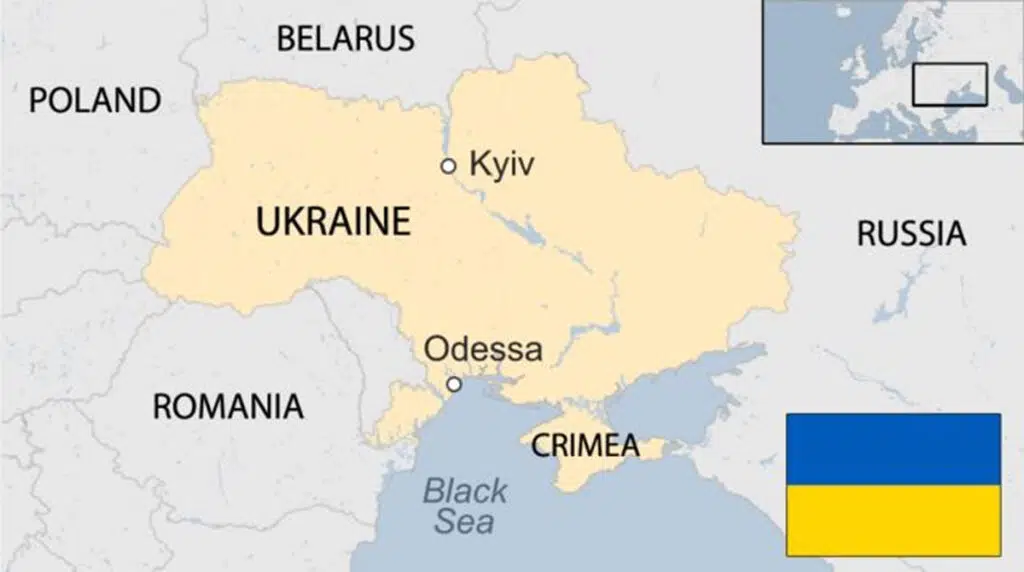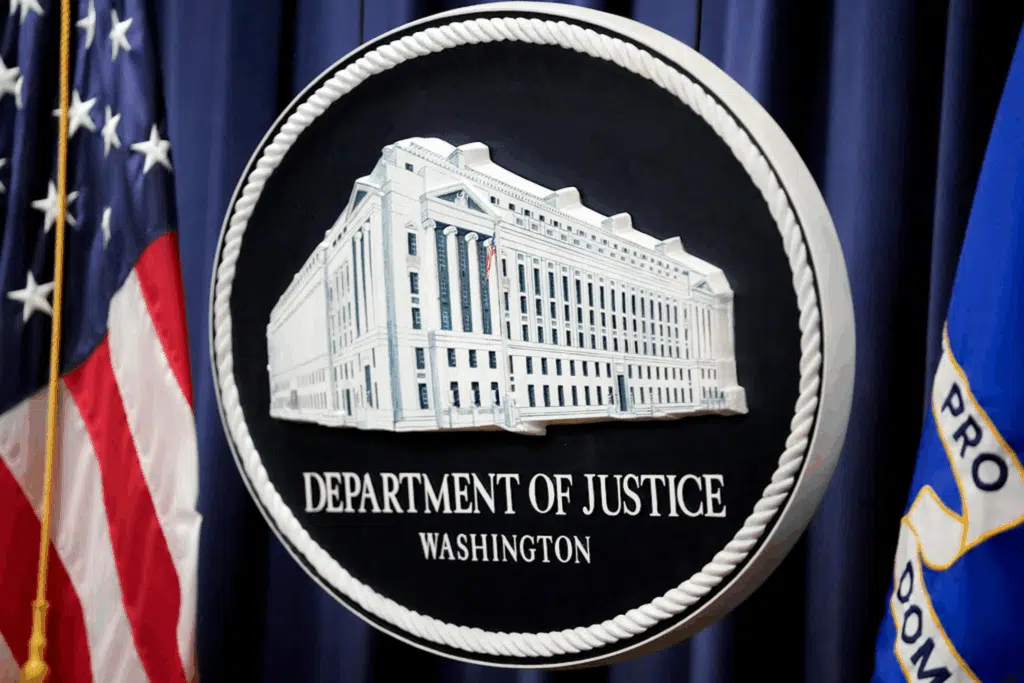
European Leaders Accuse U.S. Government of Making Fortune Off War In Ukraine
Nine months into Russia’s invasion of Ukraine, top officials in Europe are accusing the United States of amassing a fortune from the war, through soaring gas prices, the sale of weapons and other trade.
“The fact is, if you look at it soberly, the country that is most profiting from this war is the U.S. because they are selling more gas and at higher prices and because they are selling more weapons,” one senior official who asked not to be named said in a report by POLITICO.
The accusations, reportedly echoed publicly and privately by other officials, diplomats and ministers, correspond with growing displeasure in Europe over U.S. subsidies that are putting European industry in jeopardy.
“We are really at a historic juncture,” the senior European official continued in the POLITICO piece, noting the market disruption caused by the subsidies and high energy prices has ended up turning public opinion against the war effort and also the transatlantic alliance between the U.S. and European countries.
“America needs to realize that public opinion is shifting in many EU countries,” the official warned
Josep Borrell, the European Union’s chief of foreign affairs and security policy, was also quoted in the POLITICO report that leaders in Washington need to answer Europe’s concerns. “Americans — our friends — take decisions which have an economic impact on us.”
A developing dispute over President Joe Biden’s Inflation Reduction Act — a huge tax, climate and health care package — has stirred concerns over an apparent transatlantic trade war, prompting EU officials to plan for an emergency package of subsidies to keep European industries from collapsing.
“The Inflation Reduction Act is very worrying,” said Dutch Trade Minister Liesje Schreinemacher. “The potential impact on the European economy is very big.”
Tonino Picula, lead for the European Parliament’s relationship with America, suggested the U.S. is following a domestic agenda that is protectionist and discriminates against U.S. allies.
Said another unnamed EU diplomat to POLITICO: “The Inflation Reduction Act has changed everything…is Washington still our ally or not?”
Biden and his administration have rejected complaints U.S. policies are to blame for Europe’s market miseries.
“The rise in gas prices in Europe is caused by Putin’s invasion of Ukraine and Putin’s energy war against Europe, period,” a spokesperson for Biden’s National Security Council said, adding liquefied natural gas exports from America to Europe “increased dramatically and enabled Europe to diversify away from Russia.”
Sources have said during the recent G20 meeting in Bali, when EU leaders approached him over high gas prices, Biden seemed unaware of the issue — seeming to underscore the shared belief of European officials and diplomats that American leaders are generally ignorant about how the conflict in Ukraine is impacting Europe.
The EU says Biden’s green subsidies and taxes have unfairly diverted trade away and significantly hurt European industries.
Despite formal protests from Europe, the Biden administration hasn’t offered any indication of reversing course.
Meanwhile, the wide-ranging disruptions spurred by the Ukraine war are pulling European economies toward recession; with inflation continuing to rise and energy supplies dwindling, imposed blackouts and rationing throughout Europe seem all but inevitable in the next few frigid months.
Countries in the EU have opted to buy gas from the U.S. as they seek to be less reliant on Russian imports, but petrol prices across the pond are about four times higher than fuel costs in America.
Then demand for American-made military supplies have been on the rise as well, as European military stores have been depleted from sending weapons to Ukraine.
All the aforementioned factors together help explain why Europe’s top leaders are accusing their counterparts from America of war profiteering.
France’s President Emmanuel Macron decried U.S. gas prices as not “friendly,” Germany’s economy minister has asked Washington to show more “solidarity” and help reduce energy costs.
An American official explained setting prices for European gas buyers is dependent on private market decisions and not the result of any U.S. government policy or actions.
Nonetheless, “The United States sells us its gas with a multiplier effect of four when it crosses the Atlantic,” European Commissioner for the Internal Market Thierry Breton said last week on a French television program. “Of course the Americans are our allies … but when something goes wrong it is necessary also between allies to say it.”
Accessing less expensive energy has become a big advantage for American companies,with businesses planning new investments in the U.S. or relocating their existing operations away from Europe to American plants.
But it wasn’t until the Biden administration unveiled its $369 billion industrial subsidy to support green industries under the Inflation Reduction Act that European officials started circling their wagons.
Biden describes the IRA as a historic climate achievement.
“While we understand that some trading partners have concerns with how the [electric vehicle] tax credit provisions in the IRA will operate in practice with respect to their producers, we are committed to continuing to work with them to better understand and do what we can to address their concerns,” the previously-quoted NSC spokesperson said. “This is not a zero-sum game. The IRA will grow the pie for clean energy investments, not split it.”
Of course, Europe’s leaders see it very differently. French Economy Minister Bruno Le Maire this week even accused the U.S. of going down China’s path of economic isolationism.
There is also mounting irritation in Europe about the money flowing into the American defense sector, which has been the largest provider of military aid to Ukraine, providing more than $15.2 billion in weapons and equipment since the start of the war.
The Pentagon has been plotting ways to speed up arms sales, as the demands of allies for more weapons and equipment spikes.
One other unnamed EU diplomat asserted in the POLITICO report that “the money they are making on weapons” could help Americans understand that making “all this cash on gas” might be “a bit too much.
“It’s not good, in terms of optics, to give the impression that your best ally is actually making huge profits out of your troubles,” said the diplomat.



